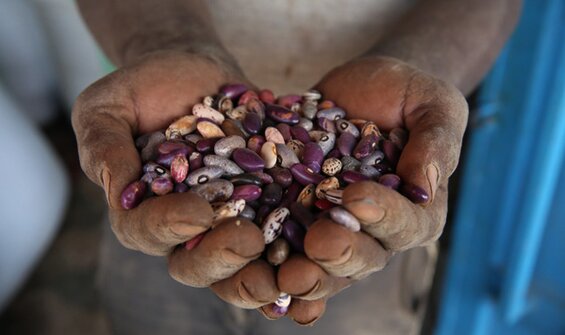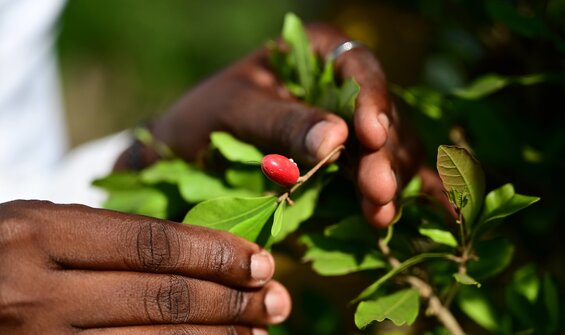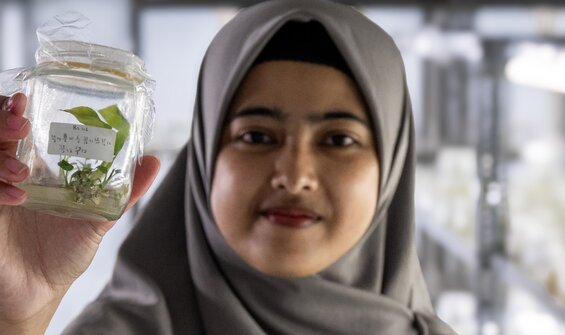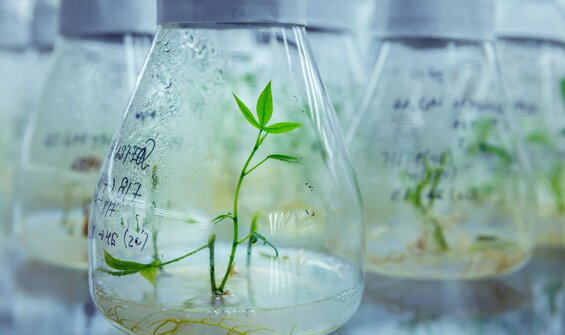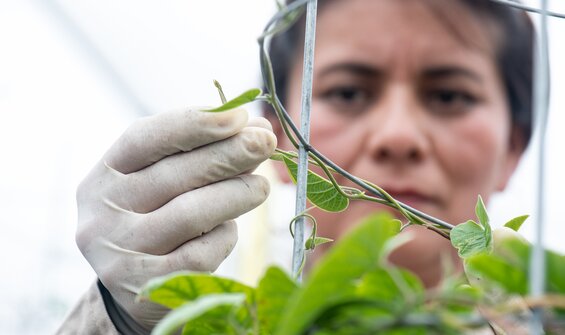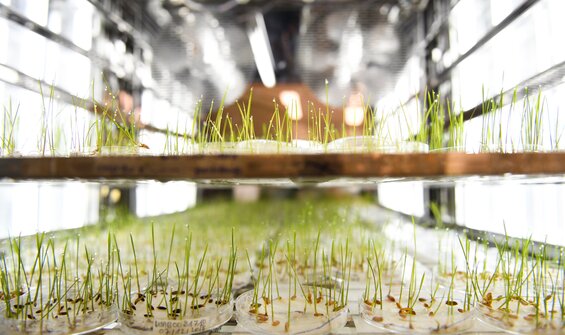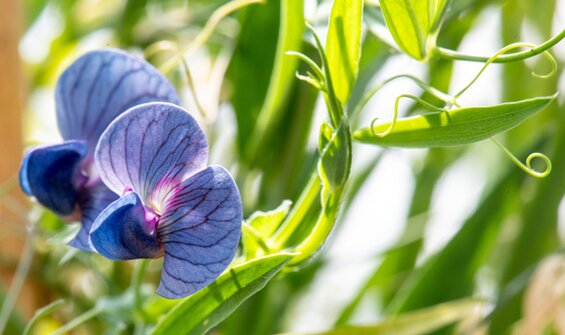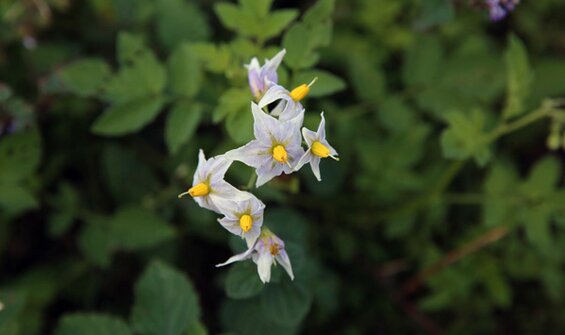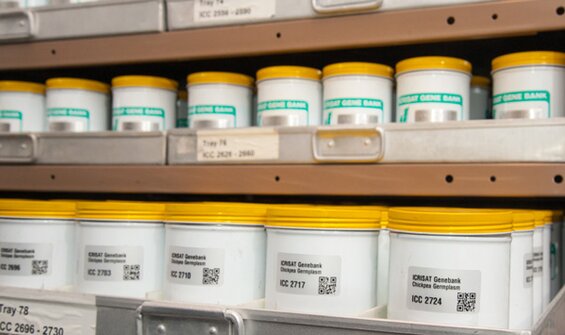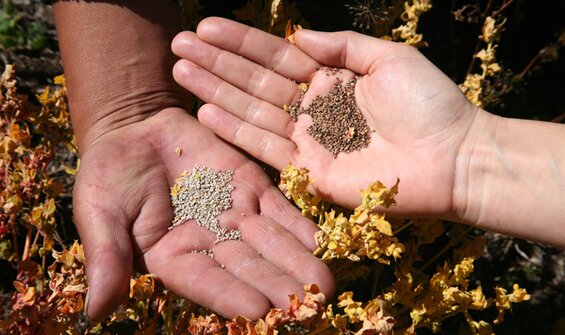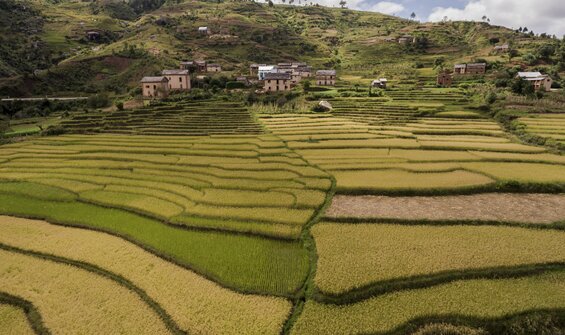Projects
The need to conserve crop diversity within a rational, efficient global system has been recognized in various international agreements, including the United Nations Sustainable Development Goals.
The Crop Trust’s work responds to this urgent call to action.
We fund the world’s most important genebanks from our Crop Diversity Endowment Fund, which is at the heart of our task, but our work does not end there. We also address gaps in the global system for the conservation of crop diversity through projects that closely complement the work funded by the endowment.


